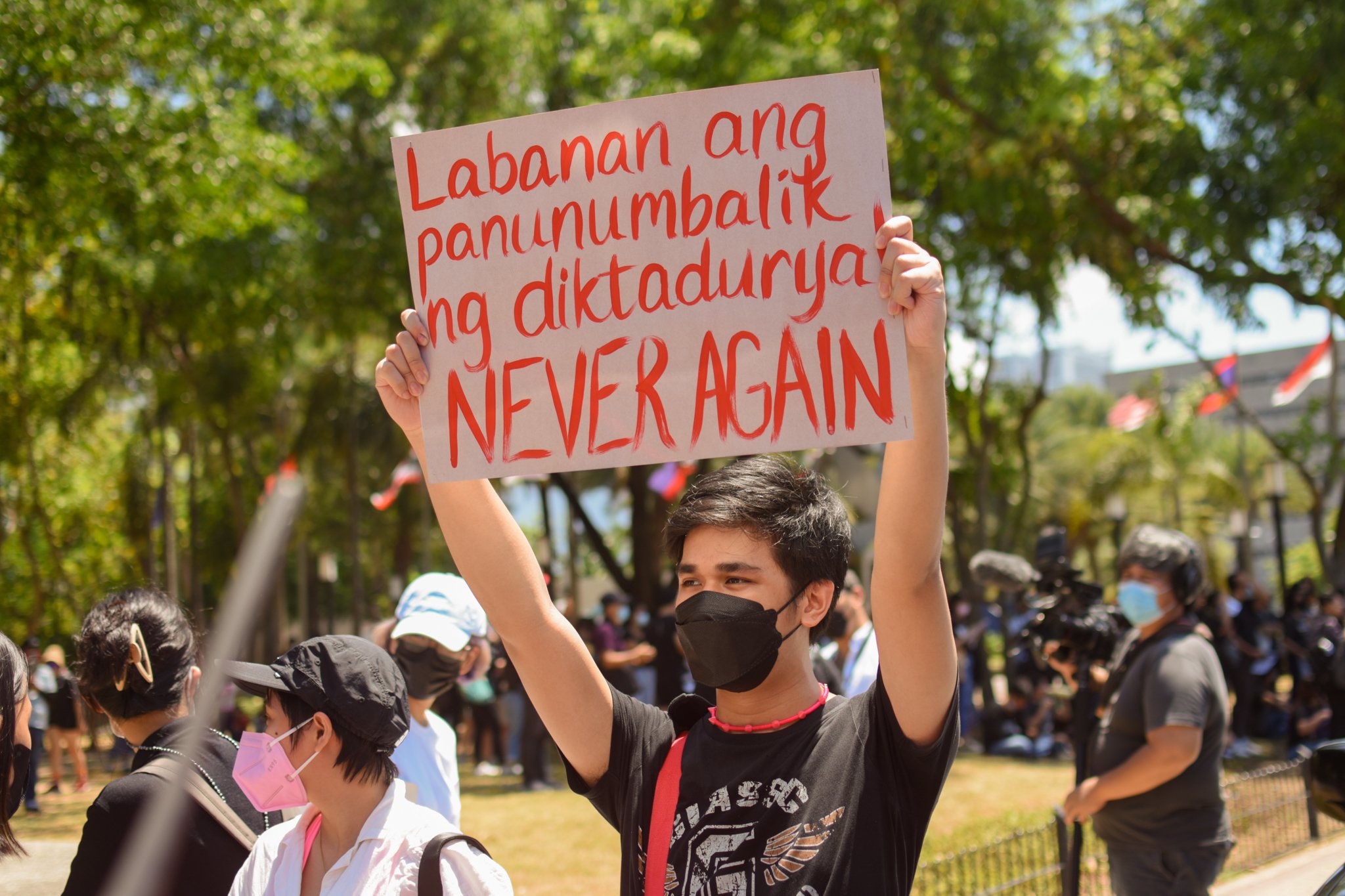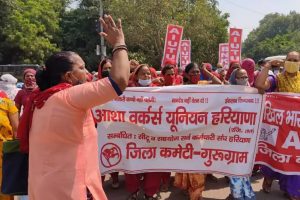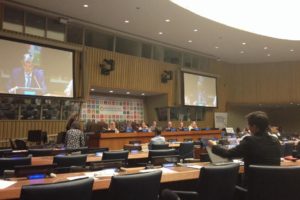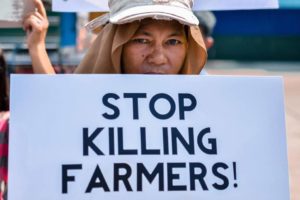We join Philippine social movements and organisations around the world in opposing another Marcos-Duterte rule, which allows their predecessors to evade accountability for their crimes. It represents a continuation of the worst of human rights violations, impunity, and attacks on people’s economic rights.
In the 2022 Philippine national elections, Ferdinand Marcos Jr., and Sara Duterte – successors of ousted dictator Ferdinand Marcos and incumbent President Rodrigo Duterte who faces charges in the International Criminal Court for his bloody drug war – are leading the unofficial results for Presidency and Vice Presidency, respectively, in an electoral process rife with anomalies.
As a research institution historically rooted in the fight against the Marcos regime, IBON International decries the restoration of the Marcoses to power. It is an injustice to the thousands of Martial Law victims and the entire Filipino people who were robbed by and who continue to bear the consequences of the Marcos dictatorship. It is a great obstacle to the continuing struggle for people’s rights and democracy in the Philippines.
We join Philippine social movements and organisations around the world in opposing another Marcos-Duterte rule, which allows their predecessors to evade accountability for their crimes. It represents a continuation of the worst of human rights violations, impunity, and attacks on people’s economic rights.
Engineering another Marcos-Duterte rule
The Marcoses’ rehabilitation has been systematic since the ouster of Ferdinand Marcos Sr. in 1986. It started when the United States (US) government sponsored their exile in Hawaii, where Ferdinand Sr. succumbed to illness. The rest of the Marcos family were allowed to return to the Philippines in 1991. Since then, they have held various public posts, escaped from full state recovery of their ill-gotten wealth, and distorted the history of Martial Law. In 2016, the Duterte administration allowed the burial of the dictator Marcos in the Libingan ng mga Bayani (Cemetery of Heroes).
A sustained, massive disinformation campaign, collaboration with the Duterte administration, and the vilification of all current opposition forces, including Marcos Jr.’s opponent, incumbent Vice President Leni Robredo, paved the way for the return of Marcos Jr. to the highest position in the country.
Several years before the election, the Marcoses launched a mass disinformation campaign through social media platforms to further distort history and cover up their plunder and human rights violations during Martial Law. The Marcoses’ propaganda peddled the Martial Law era as the ‘golden age’ of the Philippines. It obscured the US-driven neoliberal economic restructuring that bloated foreign public debt amassed by the dictator, slashed wages, eased foreign exploitation of the country’s resources, crushed national industries, and promoted labour export of Filipino workers. Marcos laid the foundation for the neoliberal path of the following administrations that deeply debased the Filipino people’s living conditions and economic rights. Intensifying disinformation during the election campaign exploited people’s legitimate grievances over the pandemic, its attendant crises, and inequality.
Marcos laid the foundation for the neoliberal path of the following administrations that deeply debased the Filipino people’s living conditions and economic rights.
The Duterte-appointed Commission on Elections (COMELEC), which included a former lawyer of Marcos Jr., dismissed petitions to disqualify Marcos as a presidential candidate based on his conviction for a tax case as a government official in the 1980s. In addition to the Dutertes’ support, Marcos Jr. also enjoyed the endorsement of former President Gloria Macapagal Arroyo, who won as president in the anomalous 2004 national elections and was involved in a PhP 366 million plunder suit, as well as former President Joseph Estrada who was convicted for corruption. People’s movements and civil society have condemned this alliance of the country’s most corrupt and brutal political figures.
Throughout the 2022 election campaign, the COMELEC also failed to act on reports of vote-buying, illegal campaigning, and the state anti-communist task force’s red-tagging of progressive election candidates. By election day, independent election watchdog Kontra Daya (Against Fraud) reported multiple cases of malfunctioning vote counting machines and voters’ disenfranchisement. Voters testified to waiting for long hours to cast their votes amid the failure of machines. In Mindanao, southern Philippines, the elections were heavily militarised with over 9,000 state forces deployed.
Both the US and Chinese governments have been quick to legitimise a Marcos restoration, as China attempts to gain influence amid the long-running US dominance in the Philippines and Southeast Asian geopolitics.
Stand in solidarity for democracy, people’s rights, and justice
We highlight the need to exact full accountability from the Marcoses and their cronies, and counter the widespread historical revisionism by the Marcos machinery.
We in IBON International stand with the Filipino people’s outrage and join concerns over the legitimacy of another Marcos-Duterte regime, amid the dire outlook for democracy and human rights.
We highlight the need to exact full accountability from the Marcoses and their cronies, and counter the widespread historical revisionism by the Marcos machinery. The incumbent Duterte administration should also be held accountable for its regime of rights violations. We condemn the US and China’s support to Marcos Jr. as a legitimisation of historical and continuing injustices. The role of big technology companies such as Meta and Google in de facto condoning the disinformation machinery of authoritarian regimes also needs to be looked into and denounced.
We call on the international community to support the Filipino people’s fight for democracy, rights, and social justice. The international community could:
- Release statements of concern in support of Philippine social movements,
- Organise discussions on the Philippine situation and the record of the Marcoses and Dutertes,
- Call on governments to stop military aid under an impending Marcos-Duterte administration,
- Contribute to grassroots efforts for people’s rights and accountability, and
- Support international initiatives and networks for the Philippines such as the International Coalition for Human Rights in the Philippines. #




